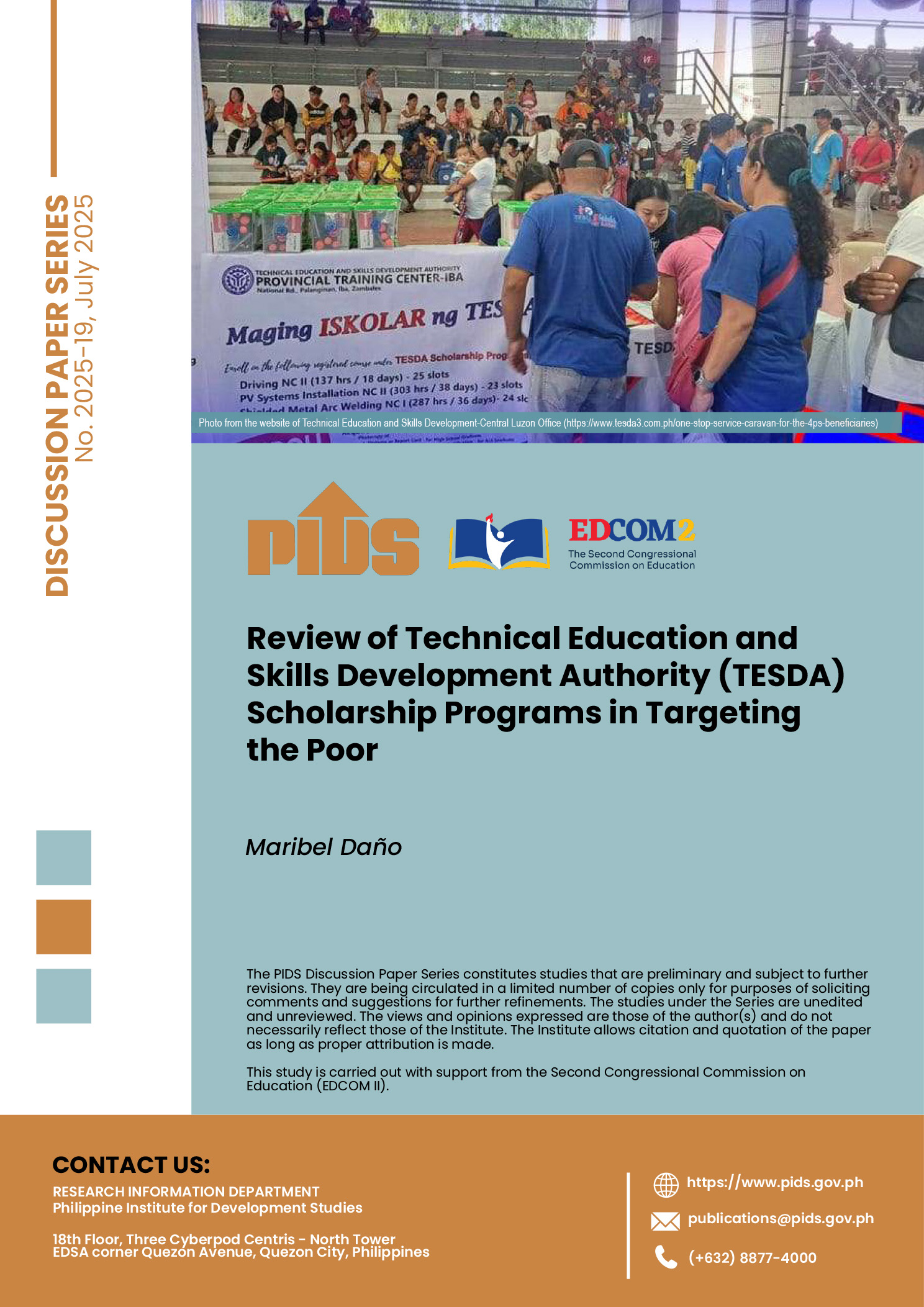In their article “Mother tongues are not the cause of poor education results,” Firth McEachern, Elizabeth Calinawagan, and Ched Arzadon wrote: “Improving English proficiency is an important goal, but getting rid of the mother tongues in the critical primary years is not the solution. Getting young children who have not mastered English nor Filipino will fail. It will alienate most, benefit a small elite, and end up being a huge waste of resources.” But they did not offer any details as to how these effects took place and who were affected.
Strangely, too, one of the references for their article "10 reasons why mother tongues in schools should be saved" contradicts their assertion. The authors presented the findings in the Philippine Institute for Development Studies (PIDS) study “Starting Where the Children Are’: A Process Evaluation of the Mother Tongue-Based Multilingual Education Implementation” by saying that “in mother tongue-based classrooms, children are more active and participatory,” which fosters "critical thinking and means they are more in control of their learning.”
However, they did not comment on the most compelling finding of the PIDS study, relative to the question of retention or abolition of the Mother Tongue-Based Multilingual Education (MTB-MLE): that private schools spurned the Mother Tongue as medium of instruction, and produced pupils who run circles around public school pupils in contests conducted in English because of their superior knowledge of the language. Jennifer Monje, lead researcher, was quoted in the Mindanao Daily News on March 19, 2020, as saying: “They [private schools] feel that by not using the mother tongue of the community, they have an edge over public schools because they still maintain English as the mother tongue of the students."
With private schools sans the Mother Tongue policy arriving at the goal of English proficiency very much earlier than public schools, what then is the legitimate point of this policy?
The unusually low English scores in the 2018 Grade 6 National Achievement Test (NAT), which was taken by the pioneer MTB-MLE batch, confirms the above-cited findings of the PIDS that we have never had public school children weaker in English than during the implementation of the MTB-MLE. It also shattered the claim that the policy facilitates the learning of new languages. The overall national English mean percentage score (MPS) incurred a 5.71 or 14.14% loss, which is unprecedented, the previous record being the 5.26 setback experienced in 2006.
Remarkably, Region 7 and CAR – second and third in Reading Literacy among local regions in the Programme for International Assessment (PISA), third and first in English in the Grade 6 NAT in 2017, and third and second in English in the Grade 10 NAT 2017 – registered massive losses of 8.38 or 19.41% and 9.91 or 20.4% of their respective previous English MPS. These were likewise unprecedented because the highest setback for Region 7 previously was the 5.51 in 2006 and for CAR, the 2.99 in 2011. (We only have the results of the two regions as DepEd Central refused to release the nationwide data, despite acknowledging our request under the Freedom of Information Act on June 18, 2019.)
It is very telling that in 2017, when elementary products of the 2002 Basic Education Curriculum (BEC) took the test for the last time, the English MPS gained 0.57.
[OPINION] Mother Tongue policy wreaks havoc on English proficiency












